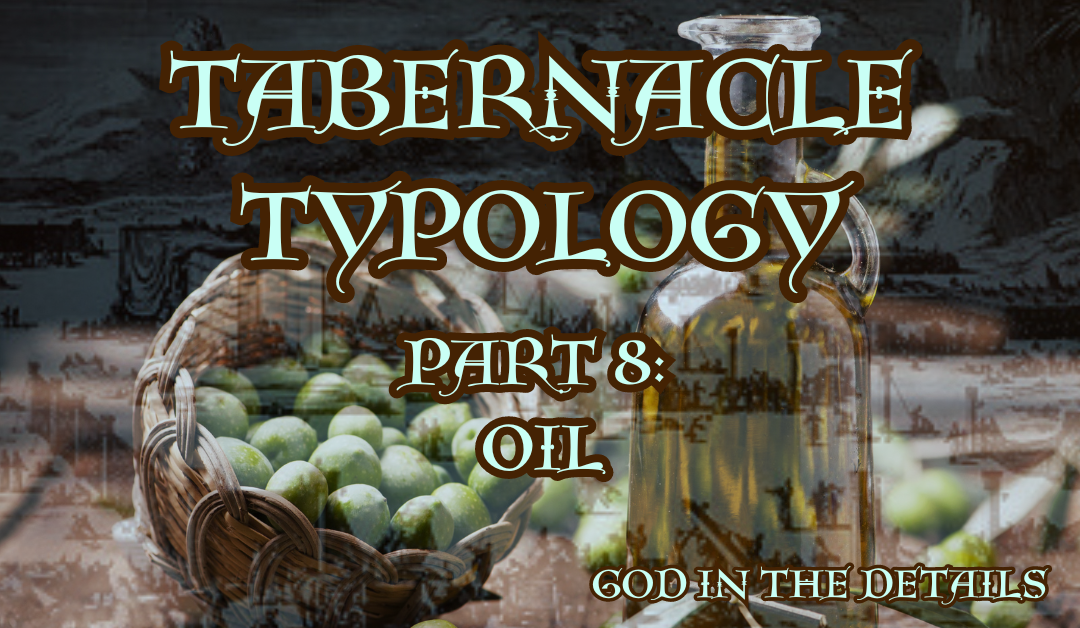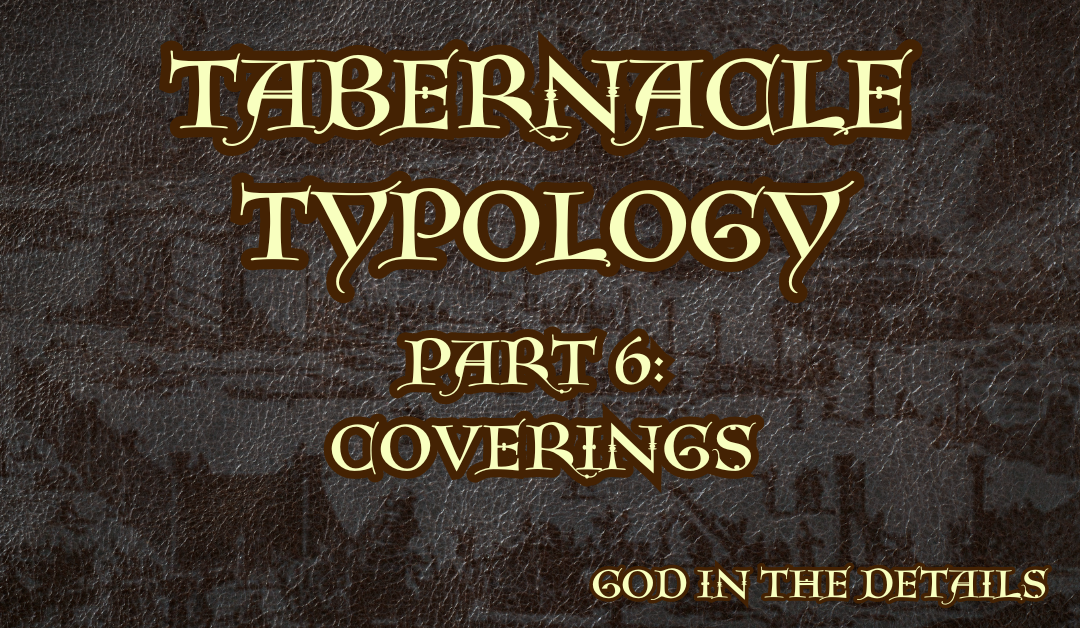
Araphel: The Revival Womb
“If My people who are called by My name will humble themselves, and pray and seek My face, and turn from their wicked ways, then I will hear from heaven, and will forgive their sin and heal their land” (2 Chronicles 7:14)
At the dedication of the Temple, in 2 Chronicles 6:1-2: Solomon says: “The Lord has said that he would dwell in a dark cloud; I have built a magnificent temple for you, a place for you to dwell forever.”
The words ‘dark cloud’ have always piqued my interest. What did Solomon mean by this?
We know that in the Exodus from Egypt God appeared to the Israelites as a cloud. It is in this same sort of cloud that He appeared to them on Mt. Sinai and His presence also rested on the Tabernacle as a pillar of cloud – the Hebrew word used in all these instances is ‘anan’ (aw-nawn), translated properly as a cloud or a thick mist and indicative of God’s presence.
The Lord’s visible presence in the world, in the Old Testament, is often represented by this Glory Cloud – the ‘anan’.
In 2 Chronicles 5 – after the Ark had been placed in the Temple – God’s presence filled the place – once again the ‘anan’ of God – the glory of God, the presence of the Most High in the form of a thick mist or heavy cloud – so much so that the priests could not even stand to minister.
But in 2 Chronicles 6 at the dedication of the Temple Solomon describes a different kind of cloud.
The word used in the original Hebrew to describe this dark cloud is ‘araphel’ which is indicative of darkness and gloom – in Deuteronomy 4 and 5 we see that God appeared in both the ‘cloud’ (anan) and the darkness (araphel) – both present at the same time. Where the cloud – the ‘anan’ of God signifies God’s presence, ‘araphel’ describes a mystery.
Eliphaz the Temanite shares a similar idea in Job 22:11-14:
“Is not God in the heights of heaven?
And see how lofty are the highest stars!
Yet you say, ‘What does God know?
Does he judge through such darkness (araphel)?
Thick clouds veil him, so he does not see us
as he goes about in the vaulted heavens.”
The Hebrew Bible uses this word to describe the presence of God at least 15 times – and most of the time it is in a situation where some facet or even all of God is obscured and unseen.
In Psalm 30 David is prophetically praying over the Temple that was to come. He had not been able to build the Temple, because of the blood on his hands, and so the duty fell upon his son Solomon to build this habitation for the presence of the Lord.
At one point, in the middle of the Psalm, he makes the following statement:
“When I felt secure, I said,
“I will never be shaken.”
Lord, when you favored me,
you made my royal mountain stand firm;
but when you hid your face,
I was dismayed.” Psalm 30:6-7:
It is not uncommon for us to feel like God is hidden – like David felt here. We look at our situations and our circumstances and simply cannot see Him anywhere. One of the most common questions I get asked as a pastor is: “where is God?”
We become dismayed because we feel like God has hidden himself from us.
But God is in the ‘araphel’. Just because we don’t see Him doesn’t mean He is not present in the darkness before us. The darkness is not without God.
Solomon dedicated the Temple, pouring out his heart before the Lord – he prays for his people, his nation. He prays for justice, and the vindication of the innocent. He prays against drought, famine, pestilence and sword. He prays against disaster and disease. He prays for a turning of hearts towards the Lord, for forgiveness and repentance.
He even prays for the nations – for the foreigner and the stranger in their midst, those who come from afar, that God would hear their cry from heaven and answer – that these same foreigners would go forth and become witnesses of the goodness and the glory of the God of Israel.
Most of the situations he was praying for and about are the same kind of situations we find ourselves praying for today. All of these are the kinds of circumstances in which we might ask ourselves: “where is God?”
And in that moment, as soon as Solomon had finished his prayer, God answered with the fire from heaven.
We find ourselves, as the Church, in a similar situation right now. Many of us can relate to the sentiment that Eliphaz was sharing in Job: “God is hiding, way up there in Heaven, beyond the darkness, unaware and uninterested in the comings and the goings of humanity. Going about His business in a vaulted – or closed – Heaven.”
We look at the world around us, and that is how many of us feel. There is so much chaos, confusion, sin and depravity. There is so much injustice and unrighteousness – and we haven’t even started talking about the natural chaos of the world – earthquakes, fires, floods, famine, drought…
And we look at the darkness and we ask – “where is God?”
God appeared at Mount Sinai in Fire, in the Cloud and in a Thick Darkness.
Moses said unto the people: “Do not be afraid. God has come to test you, so that the fear of God will be with you to keep you from sinning.” (Ex. 20:20)
And after saying this Moses approached the thick darkness where God was while the people remained at a distance. (Exodus 20:21)
The ‘araphel’ represents the mystery of God, but also the fear of the Lord. It describes the separateness or the otherness of God – the Holiness of God. The fact that God is obscured by this veil that our mortal eyes cannot pierce and our fragile minds cannot comprehend is indicative of the fact that He is unique and removed from us even when He is right in front of us.
We cannot begin to understand the vastness, the might and the power of God. The mere thought of His fullness inspires awe and reverence. He is not of this world. We cannot begin to fathom God.
We see Solomon, at the dedication of the Temple calling into the ‘araphel’. We see Moses stepping into it – knowing full well that it is within that place, within the ‘fear of the Lord’ where God is found.
“The fear of the Lord is the beginning of wisdom.” (Proverbs 9:10)
It is in embracing this fear – this reverential awe of the Lord – that we find our way forward.
In Acts, chapter 1, just before His ascension, the disciples ask Him if this is the time in which He will restore the Kingdom to Israel.
Jesus, instead, challenges them to venture into the unknown. ““It is not for you to know the times or dates the Father has set by his own authority. But you will receive power when the Holy Spirit comes on you; and you will be my witnesses in Jerusalem, and in all Judea and Samaria, and to the ends of the earth.” (Acts 1:7-8)
Because of their reverence of the Lord, their fear of the Lord, they dive head first into the ‘araphel’ of God. The ‘unknown of God’. The ‘Secret Place’.
In Psalm 139 David refers to the secret place of his mother’s womb – that God saw him ‘hidden’ in his mothers womb.
The ‘araphel’ of God, this ‘obscuration’ – the ‘thick darkness’ or ‘secret place’ – is a sort of Spiritual Womb where direction and a way forward is birthed. It is in this ‘Spiritual Womb’ where the Will of God is conceived and where revival is birthed from.
Like Moses and Solomon we must step into this ‘thick darkness’ – into the ‘araphel’ – into the ‘fear of the Lord’.
Like the disciples we must venture into the unknown. We must press on and into the secret place.
Paul writes to the Corinthians: “don’t you know that your body is the Temple of the Holy Spirit?” (1 Corinthians 6)
Elsewhere, in Romans 12, he admonishes us to be a living sacrifice – to offer up our lives – unto the Lord.
We must dedicate the Temple of our Body to the Lord, like Solomon, with awe and reverence in prayer.
We must provide the sacrifice of our own flesh as a burnt offering before the Lord.
We want God to move on our terms, according to our ways towards our expectations and according to the motives and agendas of our carnal minds.
But God is in the ‘araphel’.
Revival is coming. And it might not look like we want it or expect it to look. It is not going to come through the writing of super-spiritual books, endless prophetic and apostolic courses, it is not going to come through lights and loud music – and it is certainly not going to come through the words of eloquent preachers, their titles or their charismatic choreography.
Revival is going to come through one thing only – the Fire from Heaven will come only when we dedicate the Temple of our Body to the Lord in prayer.
After the dedication of the Temple, the Lord accepted the burnt offering and filled the House with His Glory.
After waiting upon the ‘unknown’ of God, dedicated to prayer, the Lord poured out His Fire from Heaven upon the upper room – shaking the place with His presence.
The Lord came to Solomon in those days, after the dedication, in the night and said:
“I have heard your prayer and have chosen this place for myself as a temple for sacrifices.
When I shut up the heavens so that there is no rain, or command locusts to devour the land or send a plague among my people, if my people, who are called by my name, will humble themselves and pray and seek my face and turn from their wicked ways, then I will hear from heaven, and I will forgive their sin and will heal their land. Now my eyes will be open and my ears attentive to the prayers offered in this place. I have chosen and consecrated this temple so that my Name may be there forever. My eyes and my heart will always be there.
As for you, if you walk before me faithfully as David your father did, and do all I command, and observe my decrees and laws, I will establish your royal throne, as I covenanted with David your father when I said, ‘You shall never fail to have a successor to rule over Israel.”
(2 Chronicles 7:13-18, NIV)
It is through prayer that the Throne of God is established in the hearts and the lives – in the midst of His people.
Nothing else.
Not through sacrifices, tithes, offerings, festivals – but through the sacrifice of ourselves in prayer.
It is through prayer that the birthing of revival and restoration takes place.
In this time, let us turn to the Lord in prayer.
I need healing in my body, in my life, in my family. I need healing in my church. I need healing in my country – and we certainly need to see healing in the world as a whole.
Let us, this royal priesthood, this holy nation, the Body – the Bride – a people called by His Name – humble ourselves, turning back to the Lord, repenting of our foolishness and our own depravity, and approach the ‘araphel’ of God. Let us turn back to the Lord. Let us step into ‘the fear of the Lord’ – approach Him with reverence and awe. Let us enthrone Him with the highest praise, give Him the highest place in our lives. Let us turn to the Lord in prayer.





